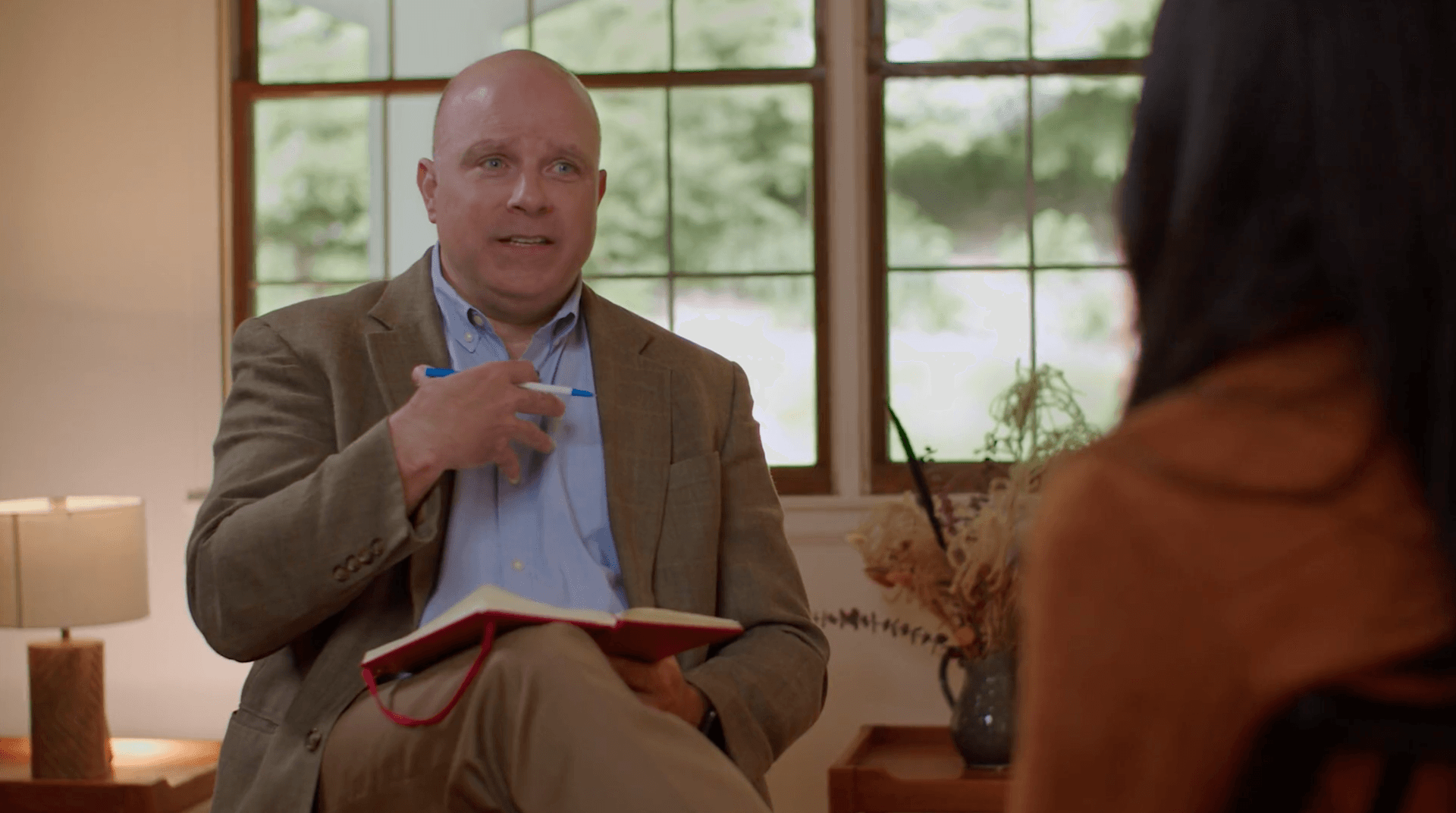
Introduction to Exposure
 CBT for Trauma
CBT for TraumaLet's say that I come to you. You're my doctor. I I've got this terrible fear of heights, and I'm avoiding all over the place. And I really don't wanna go to a high place, and my fear just seems to be getting worse and worse and worse. What would you recommend for me? What's gonna help me? Taking that first step of maybe going the first floor, like the the second floor of that building, you know, maybe holding your hand and, you know, kind of letting you know that it's okay. Nothing's gonna happen. Yeah. Yeah. Oh, you're right. You're right in there.
You're right there. I mean, you know, I I don't think I would push you to go to the third quite yet until you are ready. But probably just allow you to see that nothing happened Yes. by going to the second floor. I couldn't have said it better myself. Okay. Now let me just ask you. Can I keep avoiding and get over my fear? I hope so. Can I? You think?
Like, if I say I'm just I'm not gonna do that. I'm not gonna go up the ladder. I'm not gonna go to the second story. Can my fear go away under those circumstances? No. I don't think so. No. I don't think so. And I and I think the same is true for you. I think that as long as you keep avoiding, you're probably gonna remain fearful.
Mhmm. But what you are prescribing for me is exactly what I would prescribe for you. You know, the you're you're prescribing for me a course of what we call Cognitive Behavioral Therapy. Okay. And it's especially featuring, an element that we call exposure. And the idea behind exposure is gradually facing the things that are scary.
Not dangerous, but scary. And not necessarily doing it all at once. For example, you wouldn't make me go up to the third floor when I'm not ready to do it, but you would encourage me to start taking steps right, that I gotta start going up to at least to the second floor and maybe with some support and maybe some encouragement. And over time, I start to learn that nothing terrible is happening to me. I start to realize that maybe I'm more capable than I thought I was, and maybe over time I start to feel better.
And I think the same thing is is true of you. I think that if if we can get you to the point where we can cut back on this avoidance, and have you start doing things that are challenging, not outrageous, not dangerous, not things that you're not ready to handle, but a challenge. I think that what you're gonna find is that you start to feel better about these things. That's the process of exposure.